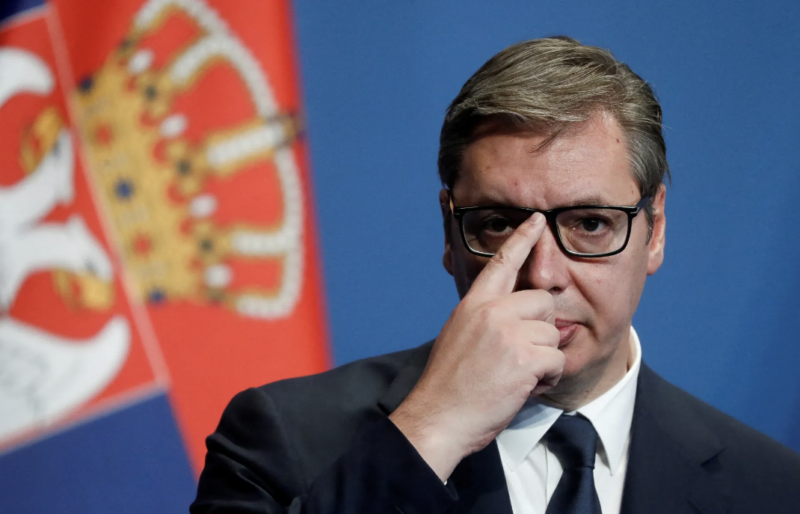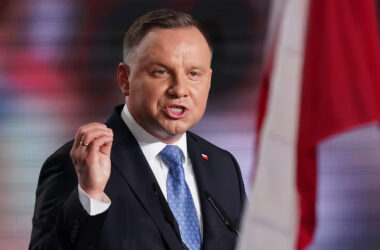Serbian President Aleksandar Vučić has proposed a referendum to let voters decide whether he should remain in office, pledging to resign immediately if the results reveal he lacks public support.
This bold move follows weeks of protests in major Serbian cities, where demonstrators, led by university students, have expressed outrage over the government and local authorities. The tipping point was the tragic collapse of a train station roof in Novi Sad last November, which claimed 15 lives. The station, recently renovated twice in deals involving Chinese state companies, is suspected to have suffered from corruption and substandard work.
Students from universities in Belgrade, Kragujevac, and Nis have been staging class blockades, demanding transparency and the release of all documents related to the station’s renovation. In the aftermath of the tragedy, Transport and Infrastructure Minister Goran Vesić resigned, and prosecutors have charged 13 individuals, including Vesić and several state officials, over the incident.
Vučić’s Serbian Progressive Party (SNS), which has dominated Serbian politics for over a decade, is now facing mounting criticism. Despite Vučić winning the 2022 presidential election with 60% of the vote and his party securing 48% in the 2023 parliamentary elections, public discontent appears to be growing.
A recent survey by the foreign-funded NGO Center for Research, Transparency, and Accountability (CRTA) found that 61% of Serbians support the student protests, and 52% believe Vučić should step down. In response, Vučić challenged the opposition and critics by suggesting a referendum, stating, “If what CRTA claims is true, I cannot remain president, and I will resign the next day.”
However, initiating such a referendum would require approval from parliament. Specifically, two-thirds of the MPs—167 out of 250—must back the initiative. The ruling party has offered 100 signatures, leaving the opposition to provide the remaining 67.
Parliament Speaker Anna Brnabić urged the opposition to step up, saying, “I hope CRTA and those behind this research, which claims Vučić lacks citizen support, aren’t just trying to create pressure and deceive. If the opposition doesn’t provide the necessary signatures, it’ll only increase tensions and destabilize Serbia further.”
As the political tension escalates, the referendum could serve as a defining moment for Vučić’s presidency and Serbia’s political landscape.




